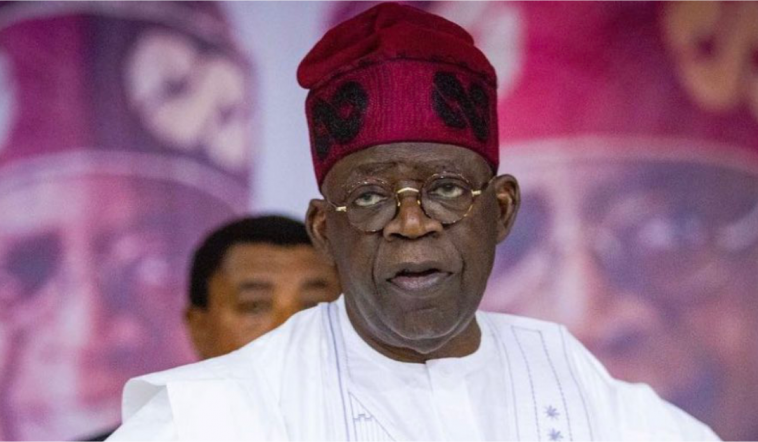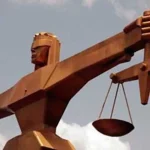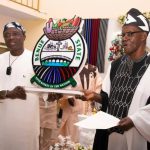By Dahiru Yusuf Yabo
Bola Ahmed Tinubu, a Lagos-bred politician, operates with a characteristic “Gara-gara” style—brash, assertive, and deeply rooted in the cutthroat political maneuvering of Lagos Mainland. However, the national stage, particularly the conservative North, is proving to be a different battlefield altogether. The dynamics of power in Northern Nigeria are shaped by an entirely different set of principles—ones that cannot be bought with deep pockets or controlled through media narratives alone.
His inability to grasp the intricacies of the North’s political strength, its deeply embedded cultural and religious ethos, and the long-standing power play that defines its electoral landscape is a grave weakness. It is a miscalculation that many before him have made—one that comes with severe consequences for any poor student of history.
The fate of past leaders provides a clear warning. Goodluck Jonathan, despite the advantage of incumbency, failed to upturned coalition of opposition against his administration with your active involvement in alliance with the North. Thus political elite who struggled against the North, often failing to navigate its intricate balance of power, leading to repeated political setbacks. There are historical markers that should not be ignored, yet Tinubu appears to be walking the same path, oblivious to the dangers ahead.
For decades, the North has maintained a subconscious adherence to leadership ethics deeply rooted in religion, tradition, and power principles. Unlike the more commercial and individualistic political behavior of Lagos, Northern politics thrives on collective influence and long-term strategic alignment. While Tinubu successfully masked his limitations under the pretext of a Muslim-Muslim ticket in 2023, amplified by his political foot soldiers and financial resources, the reality is now unfolding. His brand of politics—domination, favoritism, and nepotism—is now fully exposed to the mainstream of national politics.
Within two years, his governance style has revealed clear biases that are now pushing the North to reconsider its trust in him. The pattern of preferential treatment, particularly towards his South-West base, is becoming more evident. His political patronage is concentrated in a small enclave, limiting the broader alliances necessary for long-term stability. The Northern conservative elite, known for its strategic patience, is watching closely, and the murmurs of discontent are growing louder.
The North’s voting power is not easily swayed by superficial alliances. Electoral strength in key states like Kano, Kaduna, Katsina, Borno, Bauchi and Sokoto axis is activated by deeper instincts—spiritual, ideological, and historical. These factors outweigh financial inducements or momentary political convenience. Tinubu, despite his tactical maneuvering in 2023, is now facing the reality that the North’s trust is neither easily won nor permanently secured.
His approach to governance so far mirrors the mistakes of past leaders who underestimated the North’s long-term calculations. The illusion of dominance, nurtured by years of Lagos-centric political scheming, is rapidly fading as his administration’s faults become increasingly evident. Unlike the South-West, where power is often concentrated in individuals and political godfathers, the North operates with a collective consciousness that punishes miscalculations.
The idea that power can be cornered into a limited group of loyalists, at the expense of broader alliances, is a dangerous misconception in a complex federation like Nigeria. The realities of governance have stripped away the mystery surrounding Tinubu’s political mastery, revealing a leader who may have excelled in regional power play but is struggling to maintain national cohesion.
The North’s double-edged sword—its ability to make or unmake national leaders—remains its greatest political asset. If Tinubu continues down this path of misjudgment, neglect, and selective governance, his 2027 ambition may already be at risk. The same North that helped elevate him can just as easily send him to political oblivion. It is no longer a matter of if but when the consequences of his choices will unfold. Cheers!
Dahiru Yusuf Yabo
PGD-CMPC, MCM & MPPA (BUK)
Political & Security Analyst
7th February, 2025.






